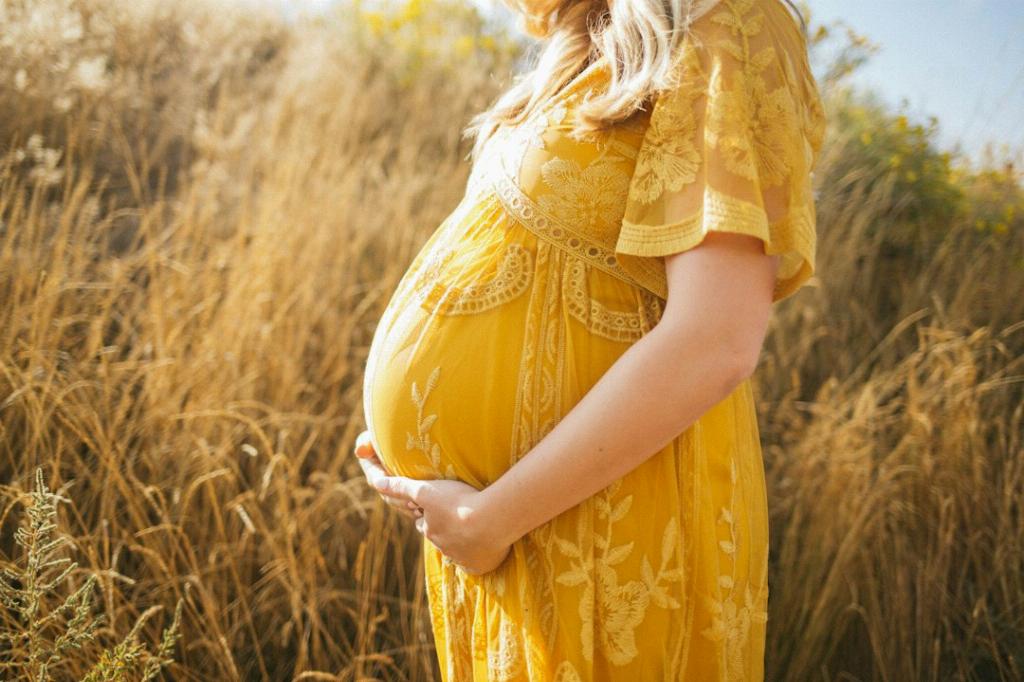When it comes to false positive pregnancy tests, one thing remains clear – they are indeed rare. According to experts, such occurrences happen less than 1 percent of the time. This statistic alone should provide some reassurance to individuals worried about the possibility of a false positive result.
Factors Contributing to False Positives
It’s important to note that false positive pregnancy tests are not random anomalies. There are several contributing factors that can lead to such results. For instance, certain medications or medical conditions may interfere with the accuracy of the test, resulting in a false positive reading.
The Role of Faulty Tests
While the chances of a false positive pregnancy test are low, it’s crucial to consider the possibility of a faulty test. In some cases, the test itself may be defective or past its expiration date, leading to inaccurate results. It’s always a good idea to double-check with another test to verify the outcome.
Emotional Impact of False Positives
Receiving a false positive pregnancy test result can be emotionally draining for individuals hoping for a certain outcome. The mix of excitement and uncertainty can take a toll on one’s mental well-being, highlighting the importance of reliable testing methods.
Seeking Professional Guidance
If you find yourself in a situation where you suspect a false positive result, it’s advisable to seek guidance from a healthcare professional. They can offer further insight, conduct additional tests, and provide the necessary support during such a crucial time.
Testing Accuracy and Technology
Advancements in technology have significantly improved the accuracy of pregnancy tests over the years. Modern tests are designed to minimize the chances of false positives, offering users a more reliable outcome to base their decisions upon.
Stress and Anxiety Factors
Dealing with the aftermath of a false positive pregnancy test can trigger stress and anxiety in individuals. It’s essential to address these emotional responses and seek appropriate coping mechanisms to navigate through this challenging period.
Educating Yourself on Testing Methods
One way to mitigate the risk of false positive results is by educating yourself on the various testing methods available. Understanding how different tests work and their respective accuracies can help you make informed decisions when it comes to confirming a pregnancy.
Exploring Alternatives
In some cases, uncertainties surrounding pregnancy test results may warrant exploring alternative methods of confirmation. Consulting with healthcare providers and considering additional tests can offer a clearer picture of your current situation.
Support Systems and Communication
During times of uncertainty regarding pregnancy test results, having a strong support system can make a significant difference. Open communication with loved ones and seeking professional guidance can help alleviate anxiety and provide much-needed clarity.
Moving Forward
Regardless of the outcome of a pregnancy test, it’s essential to approach the situation with a sense of calm and rationality. False positives, while rare, can occur, but with the right support and information, individuals can navigate through this challenging experience with resilience.
Final Thoughts
In conclusion, false positive pregnancy tests are indeed rare occurrences, but they highlight the importance of understanding testing methods, seeking professional guidance, and maintaining a positive support system. By staying informed and prepared, individuals can confidently address any uncertainties that may arise during this crucial time.

